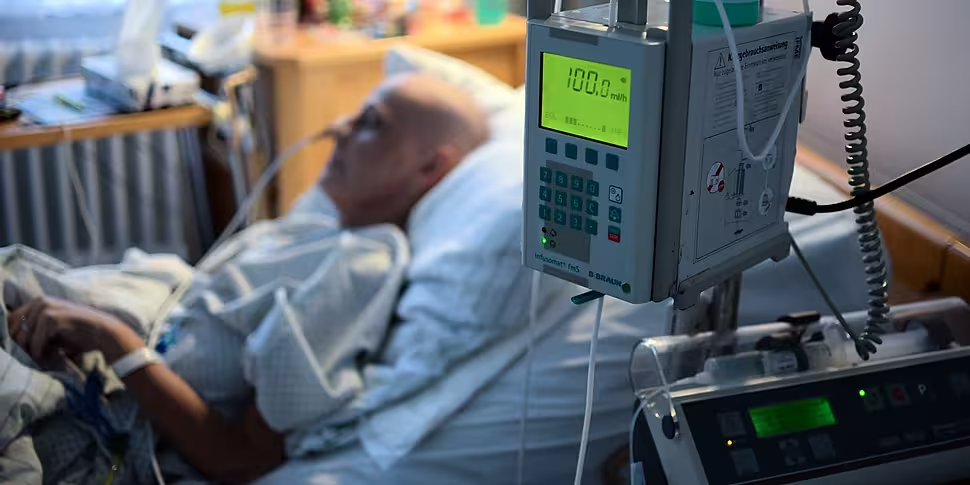The Irish Human Rights and Equality Commission (IHREC) has said there are some major gaps in proposed legislation on assisted dying.
It has made 19 recommendations to enhance the the Dying with Dignity Bill 2020, which have been given to the Oireachtas Committee on Justice.
It said any law governing physician-assisted dying must be informed by human rights and equality standards - including close consultation with at-risk groups.
Chief Commissioner of the IHREC, Sinéad Gibney, told Breakfast Briefing the bill needs to be wider in its scope.
"Immediately one of the things that needs to happen is to look at not just physician-assisted dying, which is where the focus of this bill is, but to consider the broader context.
"Dying with dignity we believe is a bigger piece which is about choice: so it's about looking at really a dignified and peaceful end of life.
"To legislate for that, there needs to be consideration of things like palliative care, for example and independent living.
"So what that means is that then somebody can look at the choice of physician-assisted dying, alongside other choices that are legislated for and that are catered for, so that they can make the decision effectively".
In terms of consent, Ms Gibney said this part of the law needs to be updated regardless.
"We have a major gap here in Ireland in terms of assisted decision-making because the legislation has not been fully commenced - which means there's gaps in supports for people.
"And that puts certain groups at risk if this legislation were to be passed as it is".
"So again alongside this legislation, we need to advance - and we need to advance it anyway - the Assisted Decision-Making Act to bring that into line with very appropriate human rights standards".
She also suggested a 'cooling off period' could be ingrained in any law.
"We've also made recommendations around things like [a] cooling off period, around having a specified term."
She said in other jurisdictions, there has to be a diagnosis of six months to live - which must be in place before physician-assisted dying is allowed.
Asked if these recommendations can be applied easily, she said that is up to the Justice Committee.
"Some of it can be resolved and we really believe that this will enhance the legislation.
"It's such a difficult issue... so it is appropriate that the Oireachtas is debating this and looking into the issue.
"What we want to do is make sure that they treat it with the complexity that it needs".
She added: "One of the things that I think probably will need significant work is our social and health services that are available".
"We need to have good palliative care options for people, we need to have good options for independent living - so what we're recommending is that those are brought in similarly and parallel on a legal footing.
"So that would, absolutely, require significant work".









